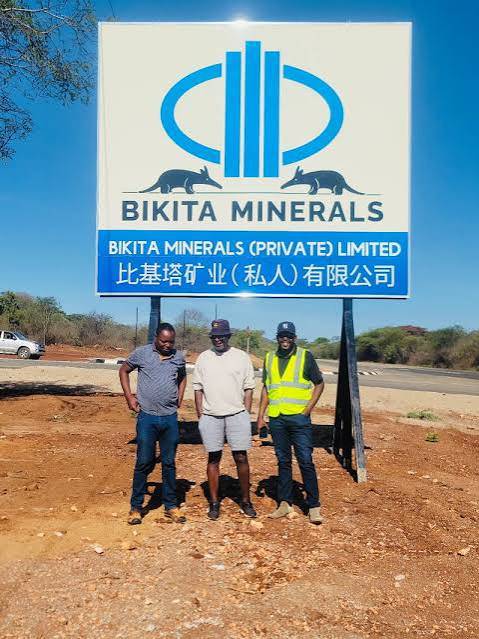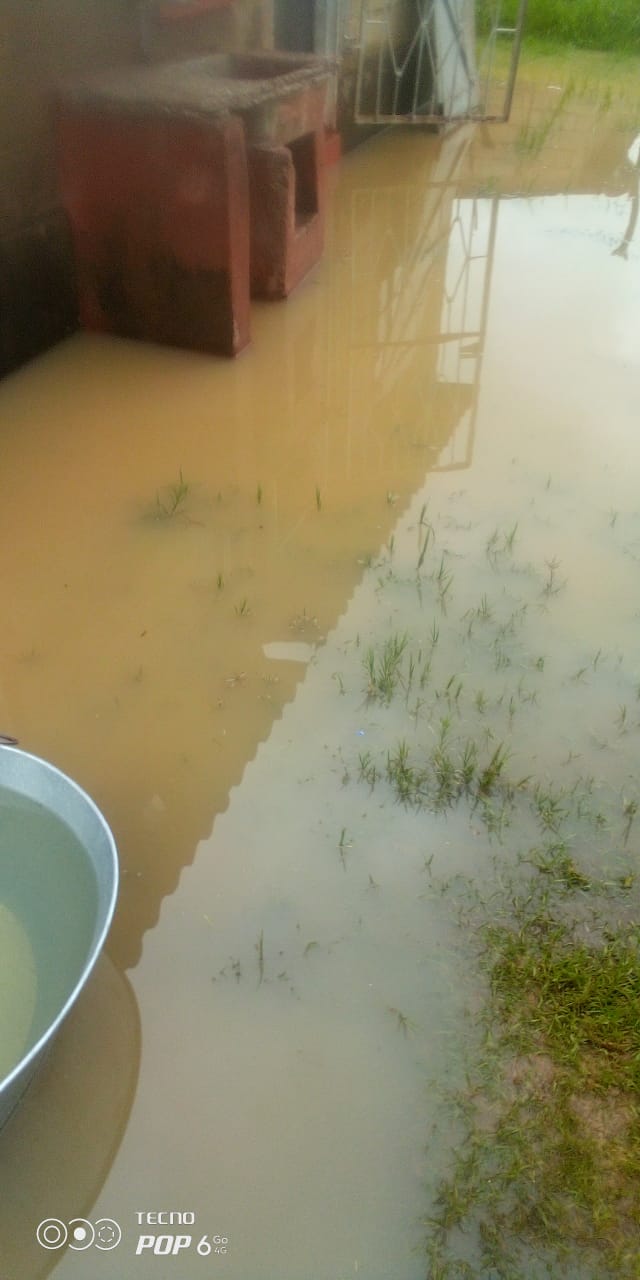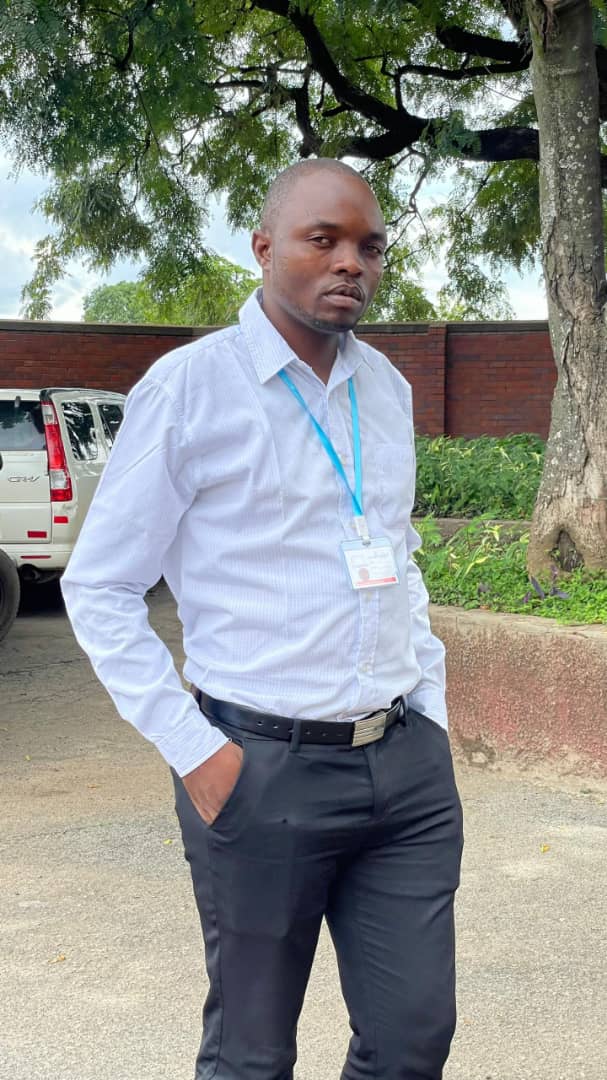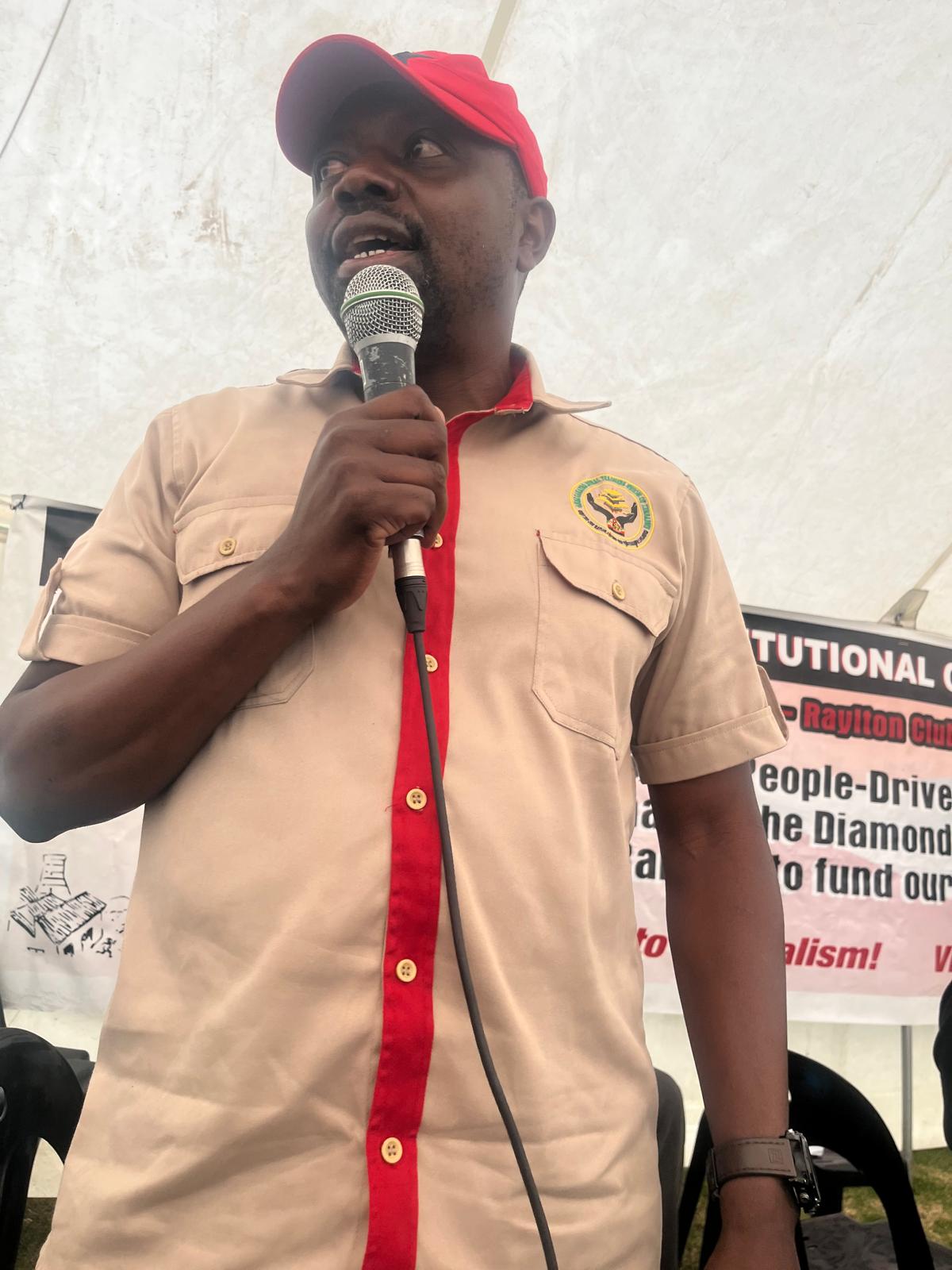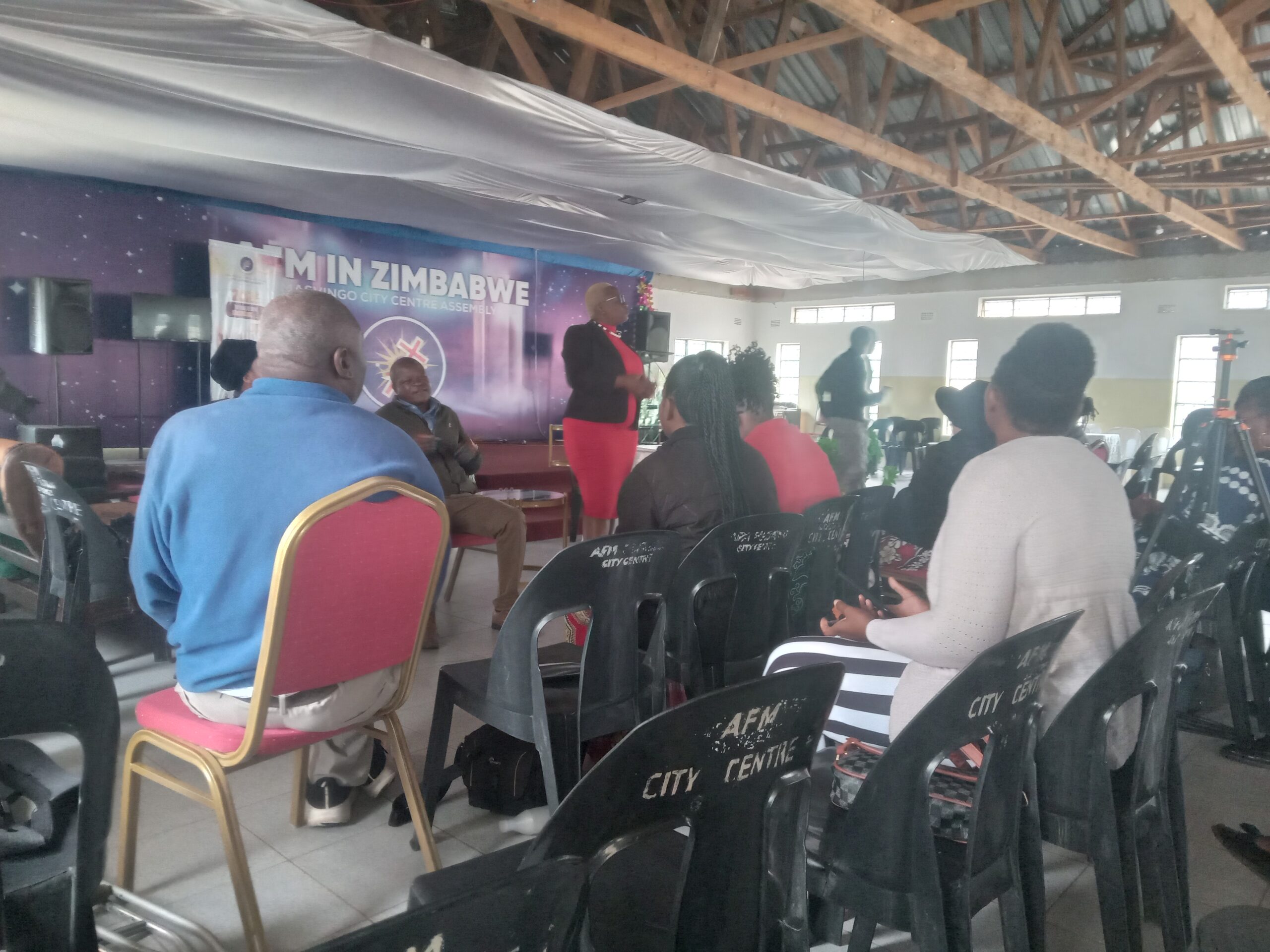Centre News Environment
Bikita, — A newly released report by the Zimbabwe Human Rights Commission (ZHRC) alleges widespread violations of environmental, water, and property rights affecting residents around the Sino Bikita Minerals Lithium Mine in Bikita.
The commission’s findings, based on extensive interviews, focus group discussions, and desk research, indicate that local communities have faced significant encroachments on their rights amid ongoing mining operations.
Key findings and context include Property rights and eviction concerns
The report examines a boundary dispute involving eight families in Murape.
While the Bikita district map places the area within the mine’s boundaries, ZHRC notes that residents have established homes on the land and therefore possess property protections under the Zimbabwean Constitution. Section 71(3)(a) states that no person may be compulsorily deprived of property except in accordance with a general law.
The commission emphasizes that any eviction would require a court order after a full consideration of relevant circumstances, and that deprivation of property without such due process would be unconstitutional.
Environmental rights and water access ZHRC cites constitutional and statutory provisions protecting the right to a healthy environment and access to clean water.
The report references Section 73(1) of the Constitution, which “guarantees every person the right to an environment not harmful to health.
It also highlights the Environmental Management Act provisions ensuring access to information, prevention of pollution, and sustainable management of natural resources,””
The Murape villagers reportedly face water shortages and pollution arising from mining activities, including blasting and trenching-related degradation.
Legal framework.
The report relies on constitutional protections, as well as environmental and natural resource statutes, to frame the alleged rights violations and to assert that any future displacement or demolition of homes would require appropriate lawful processes and compensation where applicable.
Efforts to obtain a response from Sino Bikita Minerals spokesperson Collins Nikisi were unsuccessful at the time of reporting.
The report also draws on input from local institutions, including the Bikita Institute of Land and Development (BILAD), community leaders such as Chief Marozva, and local government bodies, to illustrate the on-the-ground impact of mining activities on residents’ rights.
The ZHRC’s publication adds “to ongoing national conversations about balancing mineral resource development with the protection of constitutional rights and environmental sustainability.”
The report however revealed that 8 families in Mirape are settled in the mine premises according to Bikita district boundaries map and the local chief.

